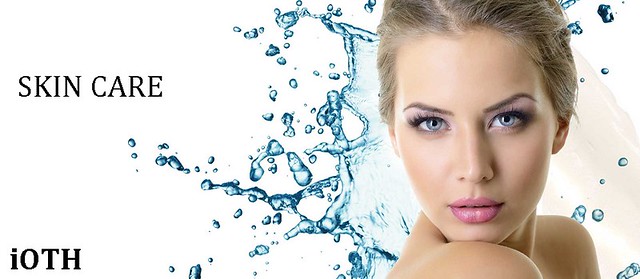Vitamin E is the key nutrient that helps boost immunity, skin and eyes health. In the recent past, Vitamin E supplements have gained wide spread popularity for their powerful antioxidant properties. These help in protecting the body cells against the damaging effects of free-radicals. It is, however, important to note that the risks and benefits of taking Vitamin E capsules is not backed with enough evidences and is still unclear. So, make sure you consult your health care provider before beginning natural Vitamin E supplementation.
Uses Of Vitamin E – What You Need To Know
It’s going to hit you as a hard fact, but if you are one of those people who take Vitamin E supplement in the hopes that it’s antioxidant properties will help cure or prevent any specific disease, such as preventing cancer, diabetes, heart diseases, cataracts, Alzheimer’s disease and many other conditions, then it should be made clear to you studies conducted to very these uses of Vitamin E have till date remained inconclusive.
So far, the only established fact about the benefits of taking Vitamin E capsules has been seen in people who have actually been suffering from Vitamin E deficiency. The deficiency of this nutrient is rare and is more likely in people suffering from diseases, such as cystic fibrosis and digestive problems. People following low fat diet may also experience low levels of this vitamin.
How Much Natural Vitamin E Should You Take?
The RDA includes Vitamin E dosages you gain from both the sources – the food you eat and any Vitamin E supplements that you take.
Pediatric dosages of Vitamin E are as follows –
- Newborn to 6 months – 6 IUs
- 7 months to 1 year – 7.5 IUs
- Children between the age groups of 1 – 3 years – 9 IUs
- Children between the age groups of 4 -8 years – 10.4 IUs
- Children between the age groups of 9 – 13 years – 16.4 IUs
- Adolescents between the age groups of 14 – 18 years – 22.4 IUs
Adult dosages of Vitamin E are as follows –
- Individuals above 18 years of age – 22.4 IUs
- Pregnant women – 22.4 IUs
- Lactating women – 28.4 IUs
Natural Vitamin E Food Sources
You don’t always need to depend upon Vitamin E capsules to fulfill your body’s requirement of this nutrient. You can obtain Vitamin E naturally by consuming green leafy vegetables, vegetable oils; Vitamin E fortified cereals and other foods, nuts as well as eggs.
Common Vitamin E Interactions With Other Medicines
Vitamin E supplements can cause potential interactions with several other types of medications. Such interactions may, at times, cause serious consequence. It is therefore advisable you consult your health care provider before beginning Vitamin E supplementation to attain optimal health results without any potential side-effects.
Here’s a list of few Vitamin E interactions with other medications –
- Anticoagulant And Antiplatelet Medications
Vitamin E has the potential to inhibit platelet aggregation and also antagonize the factors dependent on Vitamin K. This means, if you’re taking large doses of antiplatelet and anticoagulant medications, along with Vitamin E, it can increase your risk of bleeding.
- Simvastatin And Niacin
If you take Vitamin E supplements along with other antioxidants, such as selenium, beta-carotene and Vitamin C, it can cause a sudden rise in high-density lipoprotein (HDL) cholesterol levels, especially HDL2 levels.
- Chemotherapy And Radiotherapy
Most often oncologists advise against the use of antioxidant supplements during radiotherapy and chemotherapy, as it might inhibit cellular oxidative damage in cancer causing cells and thus reduce the effectiveness of these therapies.
What Are The Common Side Effects Of Taking Vitamin E Capsules?
Taking excessive doses of Vitamin E capsules can lead to skin irritation. Also, abusive use of Vitamin E supplement may lead to excessive, headache, nausea, fatigue, along with other such symptoms. People taking blood thinners or other supplements should avoid taking Vitamin E supplements without consulting their health care professionals.
Buy Best Vitamin E Capsules for healthy Life.

http://www.othhealth.com/healthyglow-supplement-india-buyonline.html






